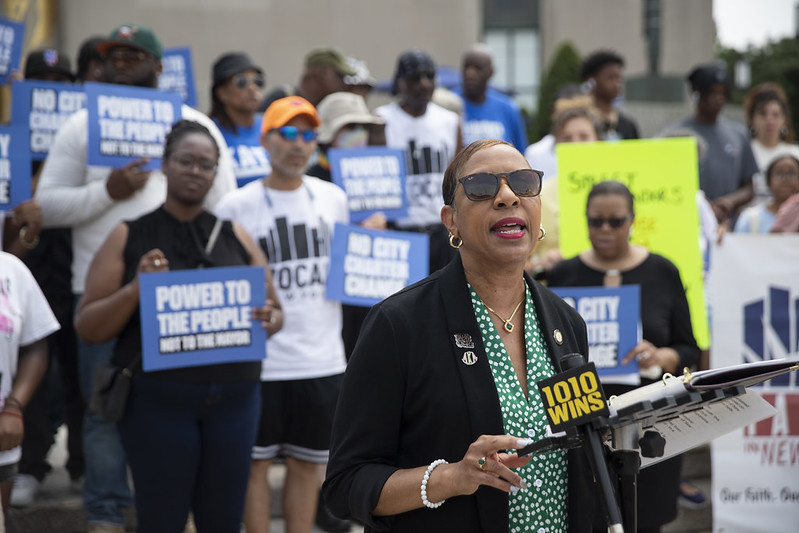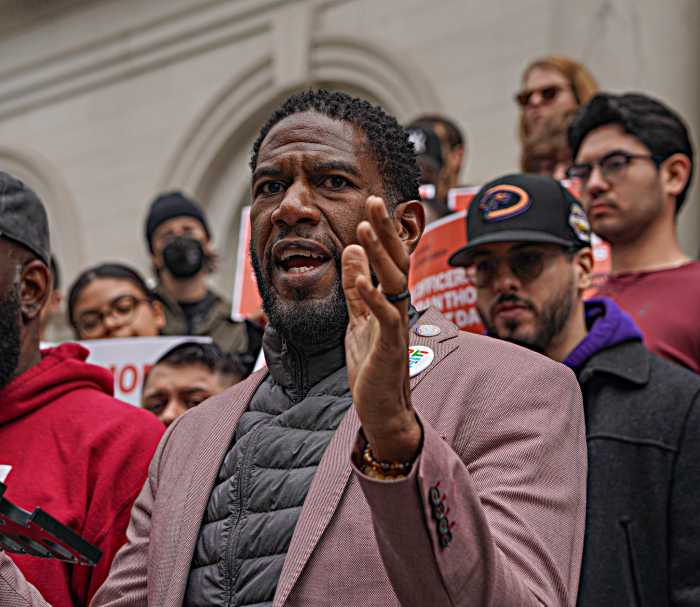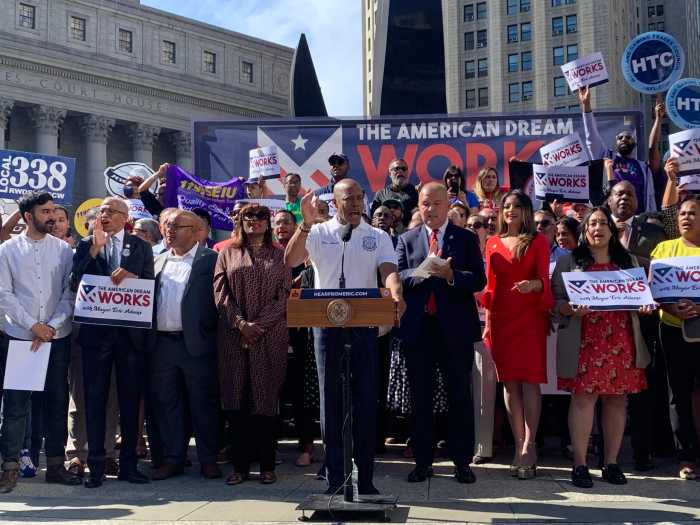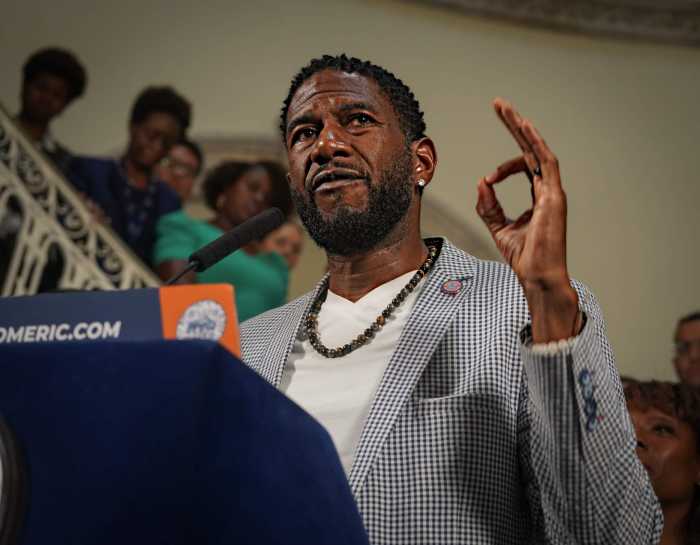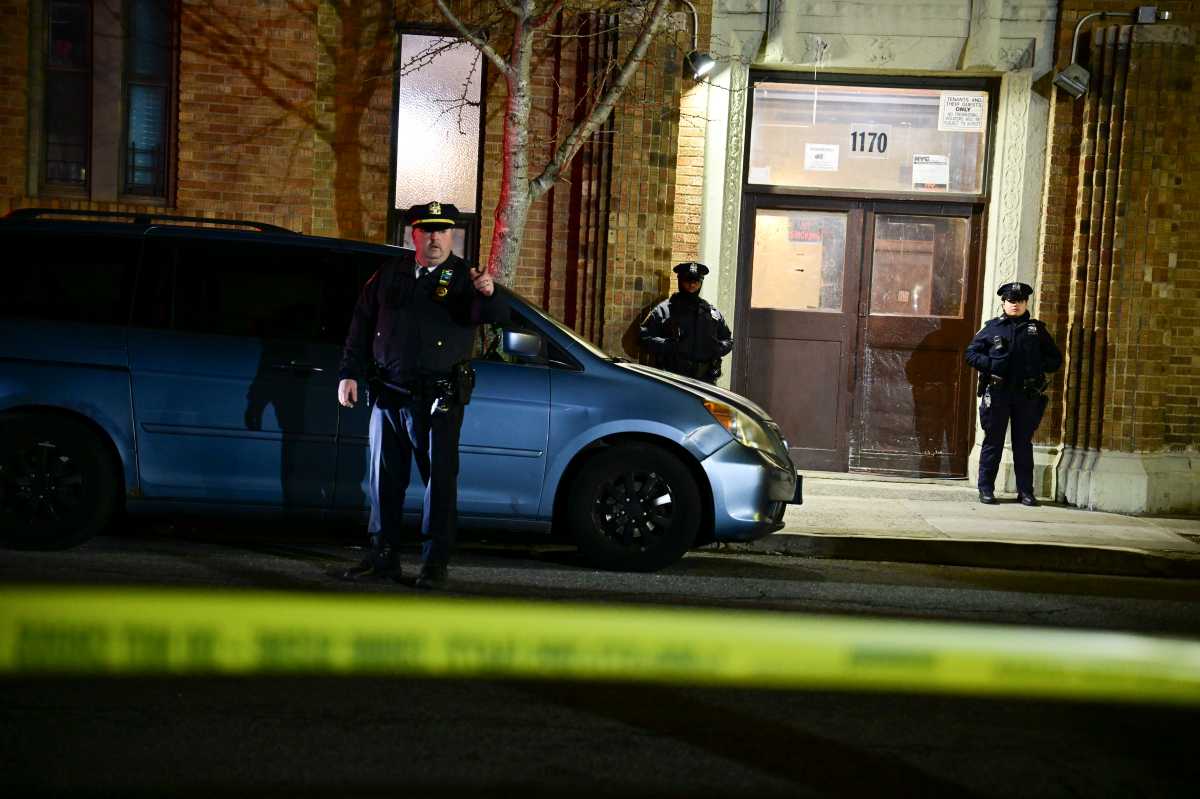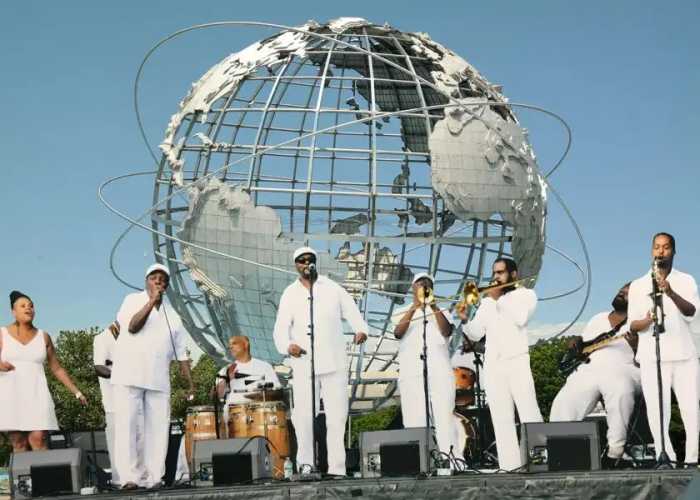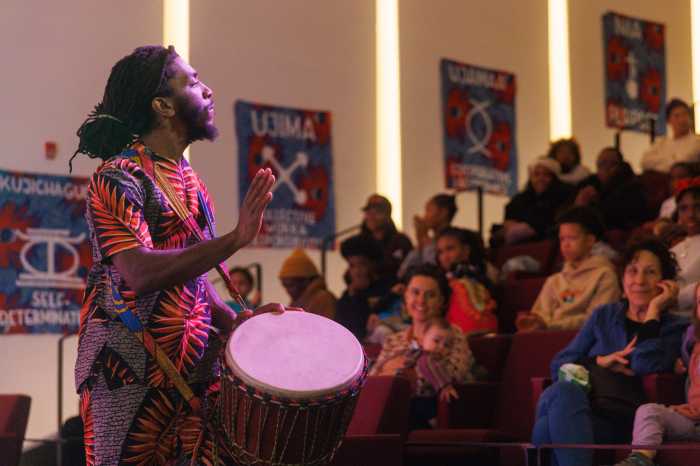A group of 43 local, state, and federal elected officials on Wednesday urged New Yorkers to vote “no” on five November ballot proposals approved by Mayor Eric Adams’ hastily convened City Charter Revision Commission earlier this year.
The plea came from elected officials including Democratic Reps. Jerry Nadler (Manhattan) and Nydia Velázquez (Brooklyn/Queens) as well as City Council Speaker Adrienne Adams. The group No Power Grab NYC, which has been campaigning against the ballot measures ahead of the election, organized the effort.
The push comes as Mayor Adams finds himself short on political capital following his historic indictment late last month and the cascade of high-level resignations from his administration over the past few weeks.
The group charges that the proposals — which will appear as questions two through six on the flip side of New Yorkers’ Nov. 5 ballots — erode the City Council’s power as a check on the mayor by giving the executive more control of the body’s legislative process.
Moreover, the group also alleges that Adams convened the commission to knock City Council legislation, which would have subjected more top appointees to the body’s approval, off the ballot. The legislation, which the mayor outwardly disliked, was knocked from the ballot due to a provision of state law that gives proposals advanced by a mayoral charter commission priority over those put forward by the council.
Speaker Adams, in a statement, said the measures would dilute the public’s say in city government by stripping power from the City Council.
“By undermining democratic representation that is accountable to the people of this city and infusing mayoral control on the legislative branch, these changes risk making government less responsive to the needs of New Yorkers,” the speaker said. “It’s critical that we safeguard the interests of New Yorkers with checks and balances. I encourage voters to understand the real impact of these deceptively worded proposals and to vote ‘NO’ to preserve their voice in city government.”
Of the two most controversial proposals, one would allow the mayor’s budget office to assess the fiscal impact of council bills before they are passed, and another would require advanced notice if the council intends to vote on bills impacting public safety, while also allowing the mayor’s office or impacted agency to hold public hearings on the legislation.
The other three proposals would expand the Department of Sanitation’s authority to clean city-owned property, update the city’s capital planning process, and enshrine the chief business diversity officer position in the City Charter — among other changes.
Furthermore, opponents of the five ballot questions argue that the mayor’s handpicked commission rushed through them in two months —far shorter than the average time previous charter commissions over the past two decades have taken to complete their work.
“Rather than giving New Yorkers confidence that City Hall will faithfully execute the law, the mayor rushed to rewrite the rules,” Public Advocate Jumaane Williams said in a statement. “Charter commissions are meant to be transparent, provide accountability, educate voters and continue the mission of good government. Revisions are supposed to be carefully considered, serious, and designed for the long term. The proposals advanced by the administration are barely designed to last a news cycle—pushed through a rushed, opaque process.”
In response, the commission’s director, Diane Savino, pointed to the 2,300 New Yorkers who weighed in on the measures in public hearings in June and July.
“After holding hearings attended by more than 750 people in all five boroughs and receiving more than 2,300 written submissions, the Charter Revision Commission put forth thoughtful ballot proposals reflecting the desires they heard from New Yorkers for clean streets, fiscal responsibility, public safety, transparency in the city’s capital planning process, and support for Minority- and Women-Owned Business Enterprises,” Savino said in a statement. “Now, New Yorkers will have the power to flip their ballots and vote on these proposals in November.”
The fight over the council bill and the charter commission was just one of several battles between the mayor and City Council over the past couple of years. However, the ongoing fight between the two sides has mostly fallen out of the news cycle since Adams’ legal troubles took center stage over the past month.
Read More: https://www.amny.com/politics/



